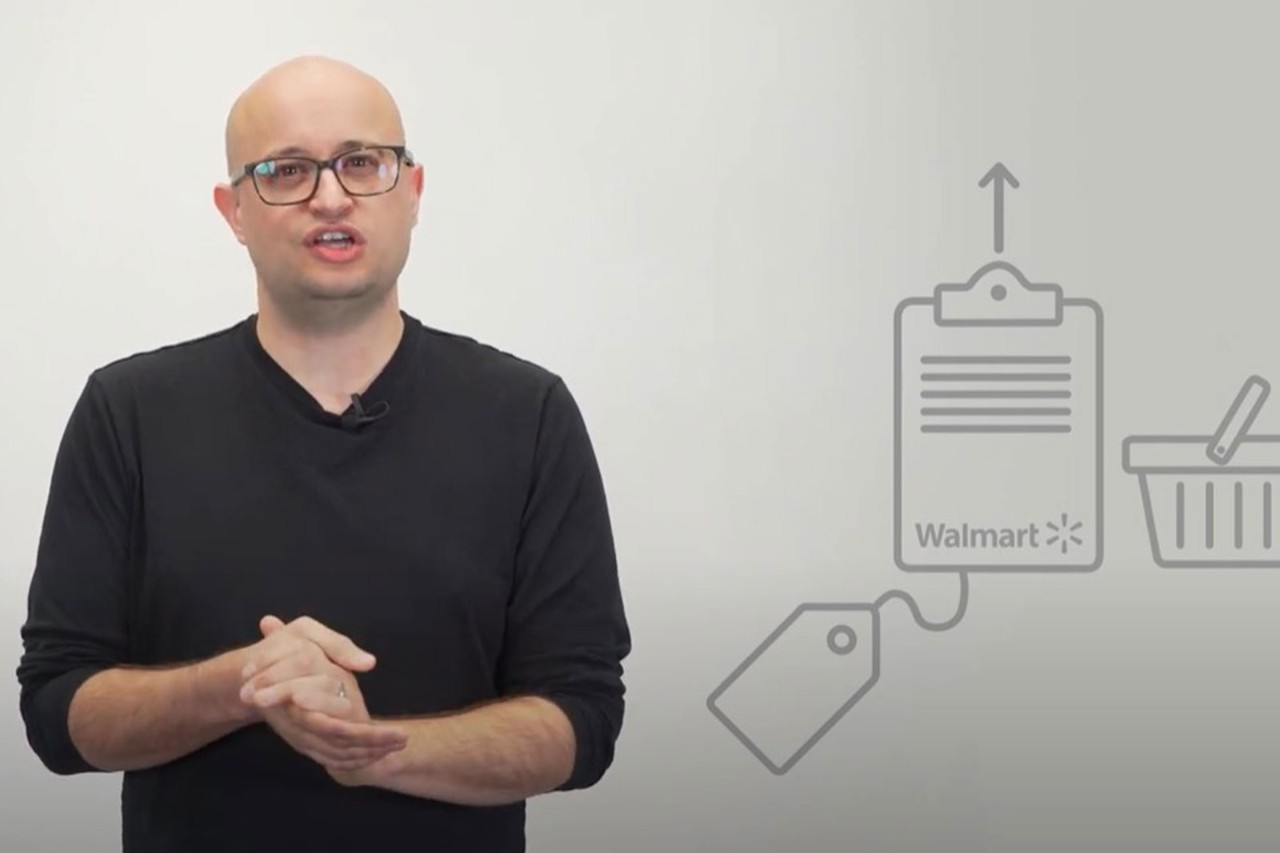
Supporting entrepreneurial clients isn’t just a service line; for many it’s a passion that brings together strategic thinking, human connection and tangible impact. As the world celebrates the United Nations’ Micro-, Small and Medium-sized Enterprises Day (MSME Day) on 27 June, the annual theme of entrepreneurship shines a spotlight on this sector.
Entrepreneurs power global economies, bringing innovation and impetus to their industries. They’re also often underserved when it comes to high-quality financial advice. Recognising this gap, many ACCA members have built practices designed to walk alongside entrepreneurs – and their experience offers valuable lessons for other practitioners considering a similar shift.
Shared mindset
One of the biggest differences when working with entrepreneurs, compared to more established or corporate clients, is spirit and mindset – it’s personal, passionate and persistent. Many advisers to these businesses are themselves entrepreneurs, in the accounting and professional services spaces.
‘We interview potential clients to see whether they’re the right fit for us’
‘An entrepreneur is someone who succeeds simply because they have to,’ says Zwelani Nkomo FCCA, CEO at McGeralds Entrepreneurship Centre in South Africa. ‘You want to find someone with that spirit, who says, “I have to succeed no matter what”.’ His organisation supports this drive with structured incubation programmes that include business acumen training, ESG readiness and deep mentoring.
The entrepreneurial spirit is about exploration and experimentation for Arshad Gadit FCCA, CEO of assurance, accounting, tax and advisory services firm athGADLANG in the UAE and Wathiq in Saudi Arabia, which works with over a thousand clients across the Gulf. ‘There is no boundary to your imagination,’ he says. ‘You just need to remain logical, do your market research and have the right kind of connectivity.’
Strong relationships
Working with entrepreneurial clients requires more than just technical expertise – it demands trust, empathy and flexibility. ‘We talk to these clients as if we’re talking to an old friend,’ says Gadit. ‘We quite literally become their friends and business alliance partners.’
UK-based Eriona Bajrakurtaj FCCA, founder of Volt Digital Transformation and managing director at Majors Accounts, takes a similar people-first approach. ‘We interview potential clients to see whether we think they’re the right fit for us, not the other way round,’ she says. ‘It confuses people, but if they’re not aligned with our vision for growth, they’re not for us.’
‘Without the right entrepreneur, it doesn’t matter how much money you pump into that business’
For Bajrakurtaj, helping entrepreneurs grow is about transformation – both for her clients and her own team. ‘We all studied qualifications like ACCA to translate what the information means, and now we’re finally getting to do that.’
Entrepreneurs, especially at the early stages, require a different kind of support. As Nkomo explains: ‘Usually the problem that the entrepreneur thinks they’re facing is not the actual problem.’ With over 4,000 businesses supported through his programmes, he’s seen that entrepreneurs often misdiagnose issues. The value of a seasoned accountant isn’t just to record what’s happening; it’s to diagnose, advise and pivot.
For Gadit, this means adapting services. ‘Originally, we thought providing one service would be enough. But that was our weakness,’ he admits. Today, his firm acts as a strategic partner. ‘We give them advice as to how the business will compare and contrast, and on what others are doing and what doesn’t work.’
Top tips
For those considering working more closely with entrepreneurs, Gadit, Bajrakurtaj and Nkomo recommend the following actions.
Lead with relevance, not just compliance. ‘Don’t lead with product,’ says Nkomo. ‘Try to communicate to the business what you’re giving over and above a document with the numbers.’ Entrepreneurs don’t just want reports – they want meaning, insight and direction.
Build trust by being accessible. Gadit’s no-clock, no-charge-call culture helps create comfort. ‘Just come and talk to us,’ he tells clients, an open-door policy that pays off in long-term relationships.
‘We’re out there, speaking to entrepreneurs – it’s a really cool place to be’
Choose the right clients. Bajrakurtaj’s firm actively filters for clients who match their mindset. ‘Would you like to focus on saving tax or making money?’ she asks. If they answer the former, they’re not a fit. It’s a bold but effective move that ensures alignment.
Focus on the entrepreneur, not just the business. Nkomo’s model attributes 40% of business outcomes to the entrepreneur. ‘Without the right entrepreneur, it doesn’t matter how much money you pump into that business,’ he says. Understanding the individual behind the enterprise is essential.
Be ready to offer more. Bajrakurtaj, Nkomo and Gadit have all grown beyond core compliance work to offer strategy, systems, mentorship and sector advice. The reward? Clients who see them not as suppliers but indispensable partners.
Above and beyond
Working with entrepreneurs isn’t always easy. It can be unpredictable and emotional. But it’s also where real impact happens, and where the future of the profession lies.
As Bajrakurtaj puts it: ‘We’re on a mission to rebrand the accounting profession. It isn’t someone in a suit with a calculator anymore. We’re out there, speaking to entrepreneurs, learning every day, all while being paid for it – it’s a really cool place to be.’
More information
See ACCA’s ‘Entrepreneurship in Practice’ webinars, featuring industry experts sharing actionable strategies for practice growth and sustainability
See our series of videos on entrepreneurial SMEs and the small practitioners who help them
Read Accountants at the heart of SME resilience and growth, a collection of stories and a practical toolkit supporting accountants working with SMEs



